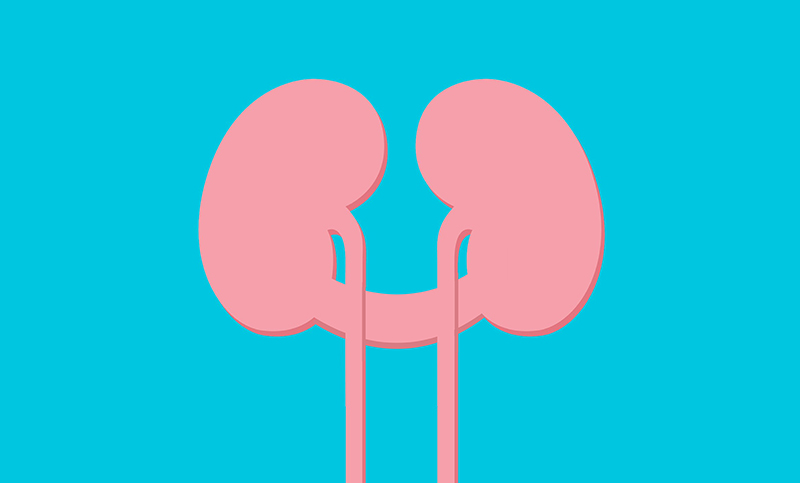
Horseshoe kidney, also known as renal fusion, is a rare congenital condition in which a baby’s kidneys fuse together in a horseshoe-shape while developing in the womb. The disorder is rare, affecting around one in 600 people, however, it is more commonly found in males.
Horseshoe kidney disorder is relatively benign and in most cases and patients can actually lead a relatively normal life. In fact the actor Mel Gibson is afflicted with the condition, so they’re in good company. Despite this, complications can easily arise, so it is best to know what to look out for, especially if you have young children.
Formation
Around the 7th or 8th week of pregnancy a baby’s kidneys move into position above the waist. In normal cases one forms on each side of the body, however, in some rare cases, the kidneys fuse at the base and grow outwards, forming the horseshoe shape associated with the condition. The location of this fusion is called the isthmus.
Complications and Symptoms
Horseshoe kidneys are not always symptomless, and conditions do arise from the disorder that range from manageable to severe, in fact around 7 out of 10 afflicted will experience some sort of symptom.
One physical complication is the fact that horseshoe kidneys are set lower and more forward in the abdomen than normal, so any trauma in the area can cause physical pain. For this reason it’s advised that those with afflicted by horseshoe kidney avoid contact sports.
Kidney cancer, although rare in infants is more common in those with horseshoe kidney, so if you know that your child is afflicted with the condition it is important to look out for the symptoms associated with kidney cancer, which include:
• Blood in the urine
• Pain in the flanks
• Feeling a physical mass in the belly or back
Although most people with Horseshoe kidney do not experience sever symptoms, they may contract kidney stones and urinary tract infections at a greater rate, as well as suffer from periodic nausea and abdominal discomfort.
Detection
As it is such a rare condition, health care providers most commonly find horseshoe kidneys while looking for or treating other conditions, which may or may not be related to the disorder.
Imaging tests are the best way to find horseshoe kidney disorders, and include:
• Ultrasound scanning
• Radionuclide Scanning
• Intravenous pyelogram
• Voiding Cystourethrogram
• Magnetic Resonance Imaging
Treatment
There is currently no treatment for renal fusion other than treating symptoms as they arise, however, surgery can be performed if there is a blockage of urine flowing from the bladder or if there is urine flowing backwards from the bladder, which is known as ‘vesicoureteral reflux’.
Dr Arianayagam is an expert in the field of urological cancer surgery, and the treatment of urological conditions. He is one of the most experienced cancer surgeons in Sydney.
If you have any questions regarding urological symptoms or conditions and would like to book an appointment, please feel free to contact or call on 1300 307 990.

